Chowder Fest Raises Funds for Legal Services in High Demand
Nonprofit Focuses on Eviction and Intimate Partner Violence Matters
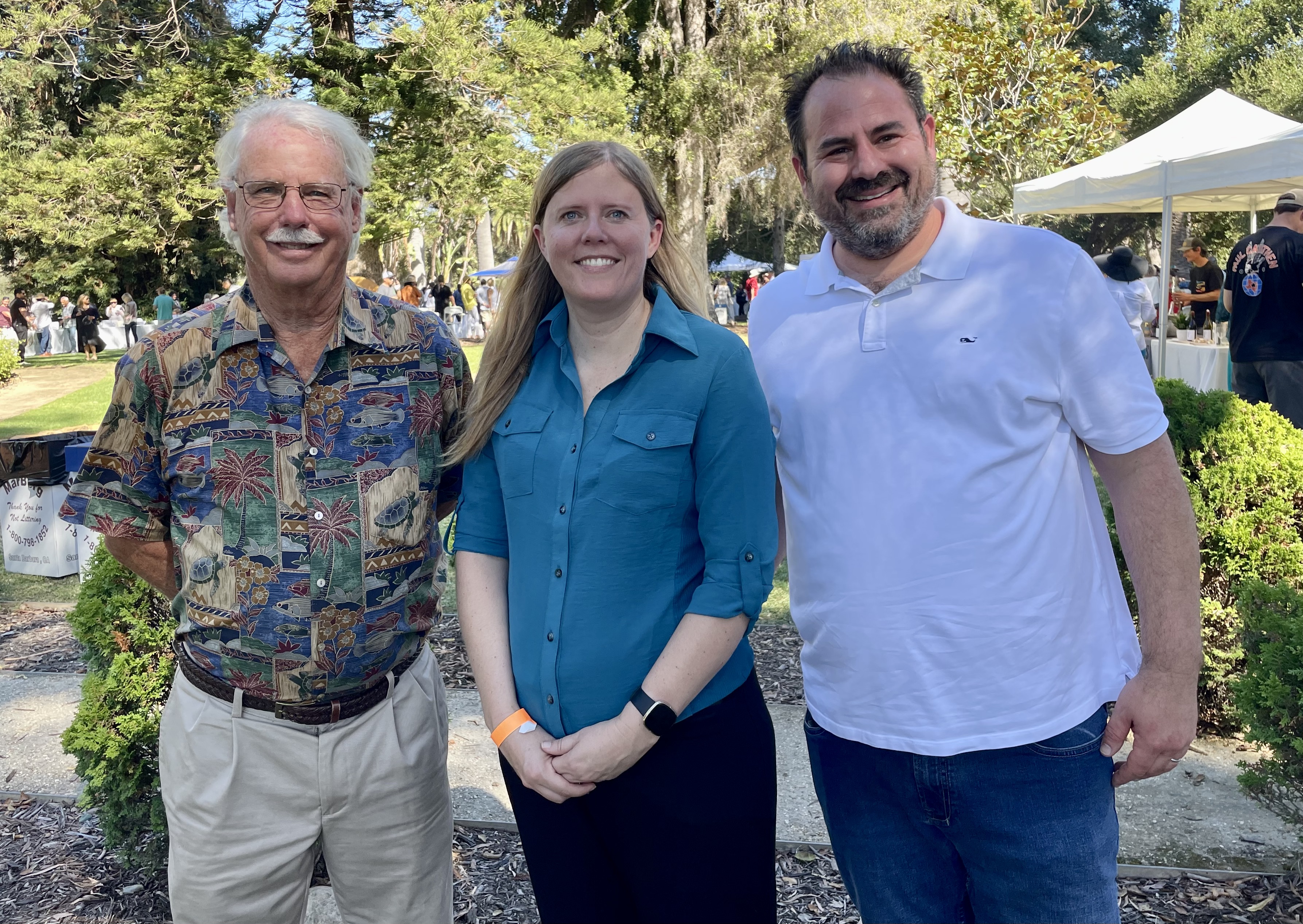
On October 15, the Legal Aid Foundation of S.B. County (LAF) brought back Chowder Fest, this time at the scenic Stow House in Goleta. About 250 supporters enjoyed the fun and tasty event, which netted about $40,000 for this critically important nonprofit. Every day, according to Executive Director Jennifer Smith, LAF turns away people in need because of its limited resources.
Guests enjoyed chowder offerings from 10 purveyors, with Scarlett Begonia being crowned Chowder Champion and Hook’d Bar & Grill and Casa Dorinda tying for Runner-Up, as voted on by guests. Many more purveyors offered other food, wine, and beer, while the Lowdown Dudes Band provided great music.
Founded in 1959, the nonprofit Legal Aid Foundation provides high-quality, civil legal services to low-income residents, survivors of intimate partner violence, and other vulnerable residents. Demand for services, according to Smith, far exceeds supply, resulting in LAF having to turn many people in need away year-round at each of its three offices.
With a current budget of $2.9 million, it has 12 attorneys spread over its Santa Barbara, Santa Maria, and Lompoc offices who provide advice and direct representation. LAF also staffs a Legal Resource Center at the S.B. County Superior Court buildings in S.B., Santa Maria, and Lompoc.
Last fiscal year, LAF attorneys provided legal representation in 657 cases. The most common types of clients were tenants facing eviction and survivors of intimate partner violence seeking restraining orders.
In an interview, Smith shared that this past year has been really challenging in South County, with hundreds of people at risk for renoviction and other forms of eviction, while LAF’s Santa Barbara office has a staff of only three housing attorneys. LAF does what it can to keep people housed, she shared, but with limited resources, only so many tenants can be represented. For others, it holds Know Your Rights presentations and tries to connect them with other resources, including its self-help Legal Resource Centers.
A huge part of LAF’s eviction-defense work is trying to ensure tenants don’t lose by default. If a landlord, after the notice period has lapsed, files a court case, and the tenant is served but fails to respond within five days, the tenant can be evicted, regardless of the merits of the case. So LAF works hard, Smith explained, to ensure that tenants timely respond to preserve the opportunity to assert any defenses.
When clients don’t speak English and/or don’t know the law, default judgments happen. With the rental housing market so tight and security deposits so onerous for low-income individuals and families, preventing evictions is critically important.
Smith emphasized that “eviction defense is a homelessness prevention strategy. We see so many seniors, families, and individuals who are on the edge, and our goal is to prevent them from falling into housing instability and homelessness.” Her staff is constrained by the sheer volume of demand and also by income restrictions imposed by funders. A lot of people earn too much income to qualify for LAF’s services, yet struggle to pay for an attorney.
LAF’s other major focus area is securing restraining orders for survivors of intimate partner violence. Data shows that these orders really make a difference, Smith related, giving law enforcement a tool to keep the offender away and take action if there is a violation. Typically, LAF deals with emergent situations where it can obtain an emergency protective order, giving the survivor safety while LAF works on getting a temporary or permanent restraining order and deals with family law matters.
LAF provides assistance regardless of immigration status. If an undocumented survivor seeks help and cooperates with law enforcement, the person may be eligible for a U visa, which enables the person to work legally and can lead to permanent legal residence. The visa program is designed to encourage cooperation with law enforcement for the safety of the victim and the community. LAF assists with obtaining these visas. Especially when the abuser was the source of financial support, obtaining legal status to work meets a serious need for income.
LAF’s Legal Resource Centers, which are each staffed with one attorney, provide self-help assistance on a wide range of matters and last year served 7,712 people. Separately, LAF volunteer attorneys provide assistance, typically limited to a single consultation, in consumer debt/bankruptcy law, family law, and general civil matters. Last year, a few hundred consultations were held.
LAF receives roughly 60 percent of its funding from the government and another 30 percent from the CA State Bar. It needs community support not only to supplement these sources, but also to qualify for some of its grants, whose terms require local support. Also, funding comes with usage restrictions, so unrestricted community support enables LAF to be more responsive to local needs.
For more info or to make a donation, go to http://lafsbc.org.

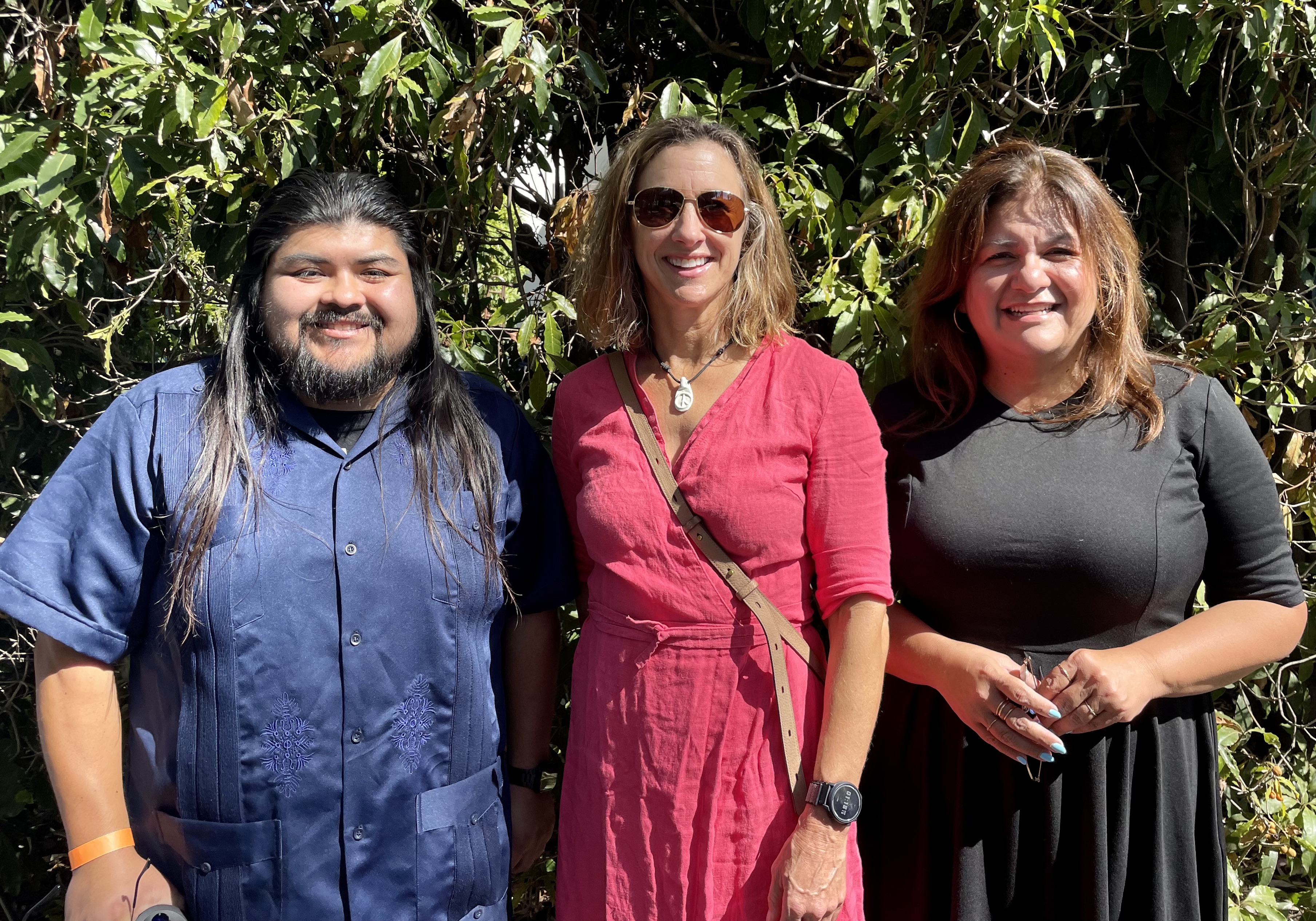
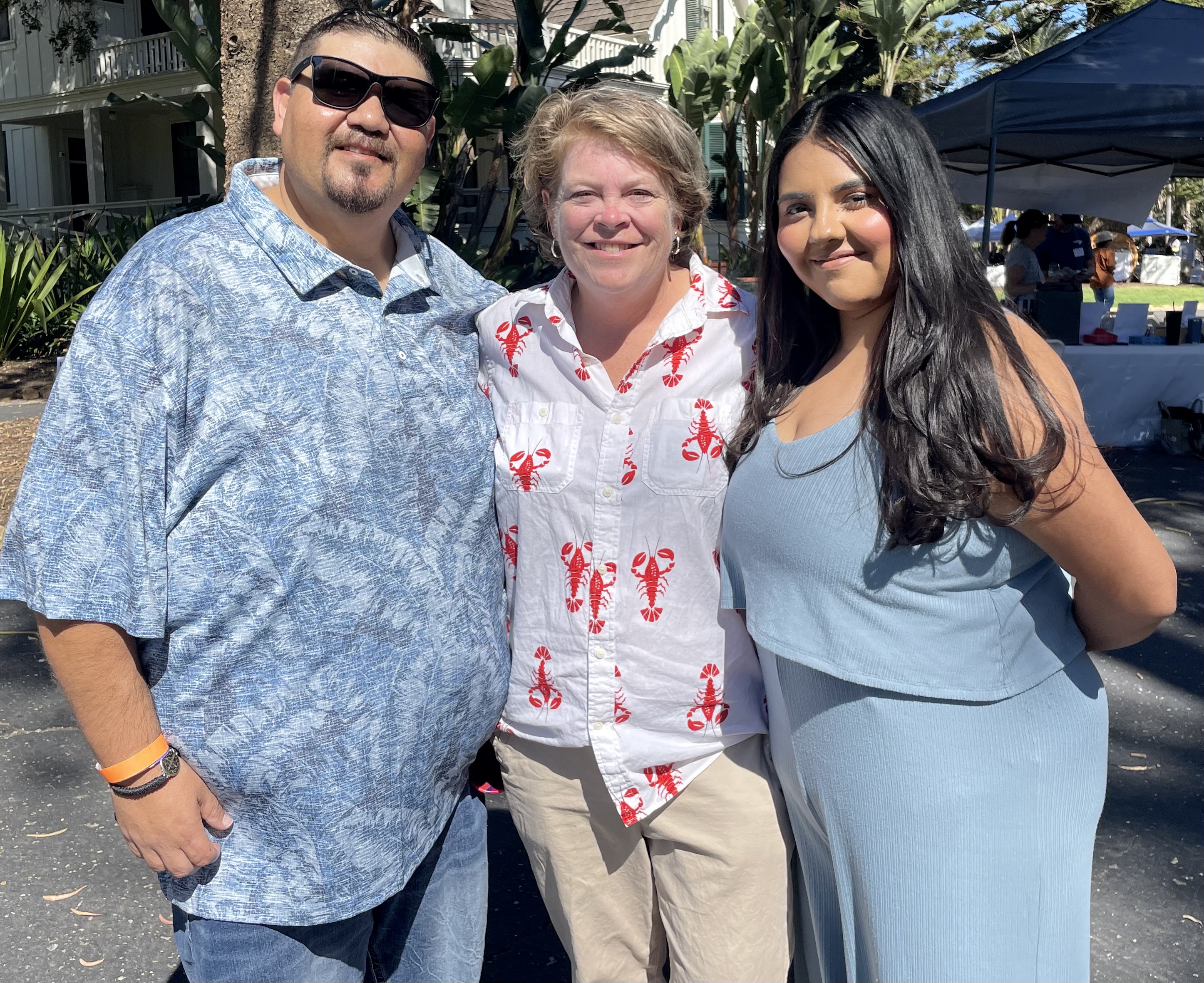
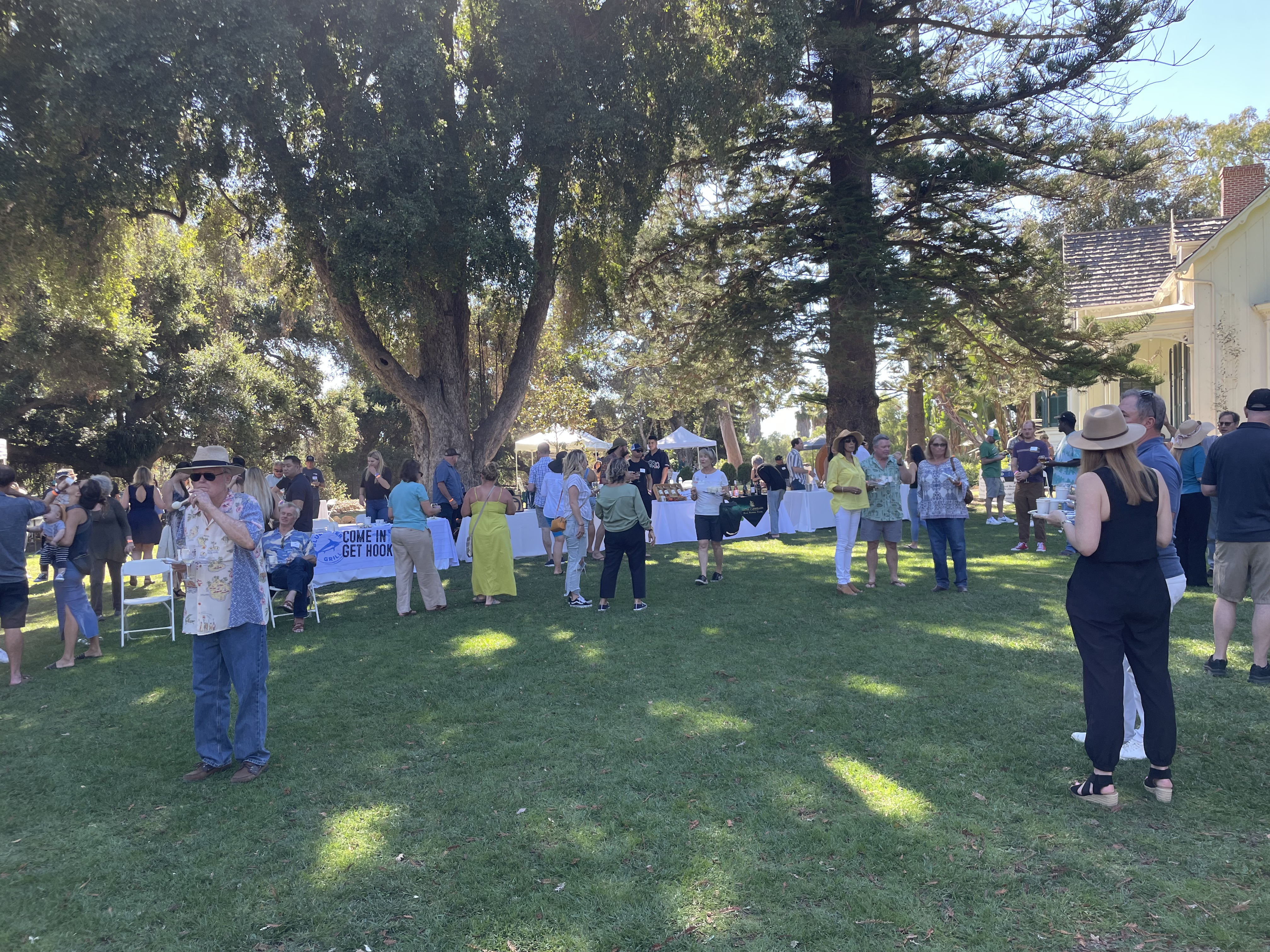
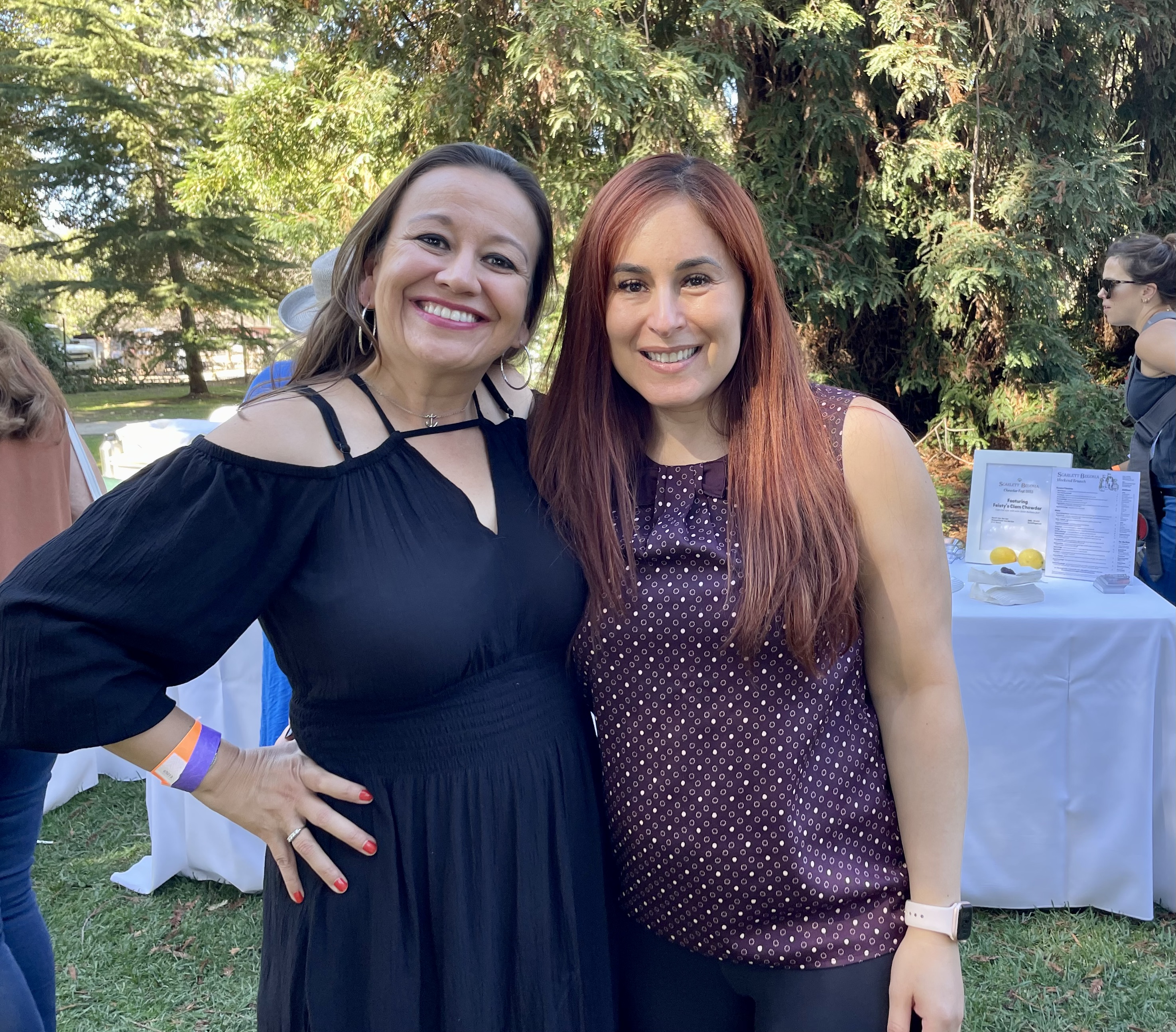

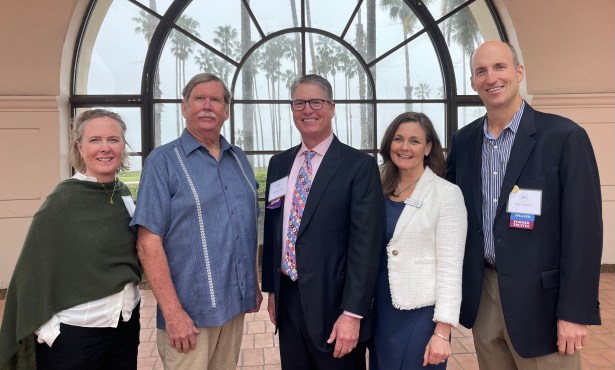

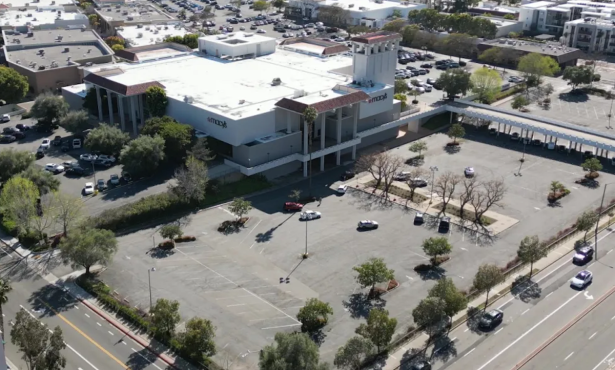
You must be logged in to post a comment.